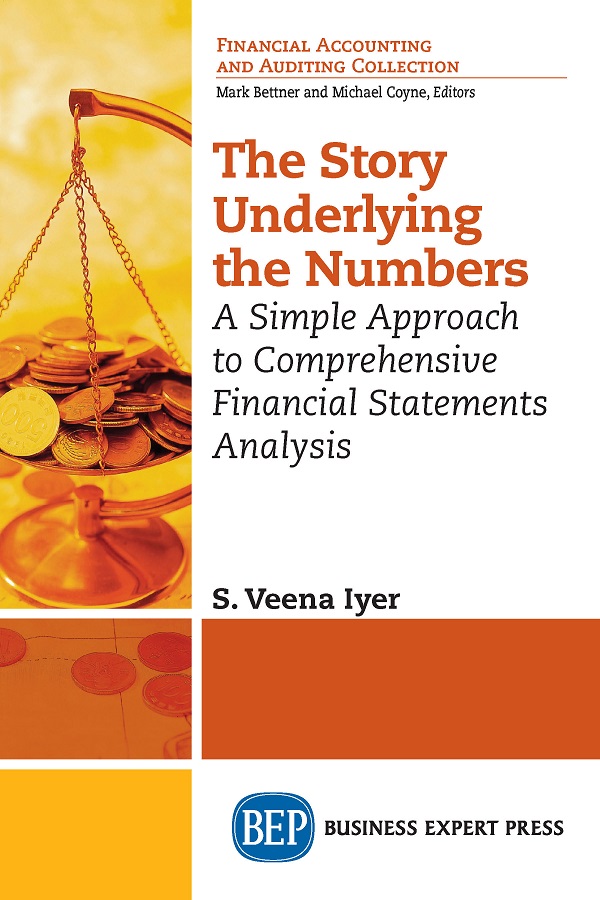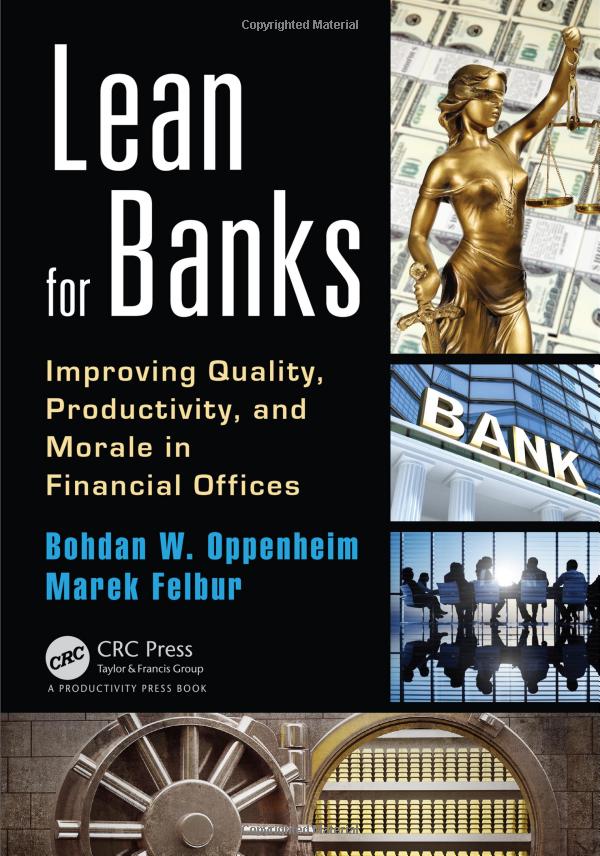"Maximize Your Financial Flexibility: Understanding Personal Loans and Lines of Credit"
#### Personal LoansPersonal loans are a popular financial product that allows individuals to borrow a fixed amount of money, typically for a specific purpos……
#### Personal Loans
Personal loans are a popular financial product that allows individuals to borrow a fixed amount of money, typically for a specific purpose such as debt consolidation, home improvement, or unexpected expenses. These loans are usually unsecured, meaning they do not require collateral, which can make them more accessible to borrowers. The repayment period for personal loans can vary, but it generally ranges from one to seven years, with fixed monthly payments that make budgeting easier.
When considering a personal loan, it's crucial to shop around for the best interest rates and terms. Lenders assess your creditworthiness, income, and existing debts when determining the loan amount and interest rate. A higher credit score can lead to more favorable terms, while a lower score may result in higher rates or even denial of the loan.
Additionally, personal loans can be an effective tool for managing debt. For instance, if you have multiple credit card debts with high-interest rates, consolidating them into a single personal loan with a lower interest rate can save you money in the long run and simplify your payments.

#### Lines of Credit
Lines of credit, on the other hand, offer a more flexible borrowing option. They function similarly to a credit card, allowing you to borrow up to a predetermined limit and only pay interest on the amount you use. This can be particularly useful for ongoing expenses or financial emergencies, as you can draw on the line of credit as needed.
There are two main types of lines of credit: secured and unsecured. A secured line of credit is backed by collateral, such as a home or savings account, which can result in lower interest rates. Unsecured lines of credit do not require collateral, but they typically come with higher interest rates due to the increased risk for lenders.

One of the significant advantages of a line of credit is its flexibility. You can borrow and repay funds repeatedly, making it an excellent option for those who may need access to cash periodically. However, it's essential to manage this type of credit wisely. Overspending can lead to high-interest debt, and failure to make timely payments can negatively impact your credit score.
#### Choosing Between Personal Loans and Lines of Credit
When deciding between personal loans and lines of credit, consider your financial needs and habits. If you have a specific expense in mind and prefer fixed payments, a personal loan may be the better choice. However, if you anticipate needing funds for various purposes over time, a line of credit could offer the flexibility you require.

Additionally, think about your ability to manage debt. If you are disciplined with your spending and payments, a line of credit can be a valuable financial tool. Conversely, if you struggle with budgeting, a personal loan's fixed payments may help keep you on track.
Ultimately, both personal loans and lines of credit can play essential roles in your financial strategy. By understanding their features, benefits, and potential pitfalls, you can make informed decisions that align with your financial goals. Whether you choose a personal loan or a line of credit, ensure you read the terms carefully and understand the costs involved to avoid any surprises down the road.